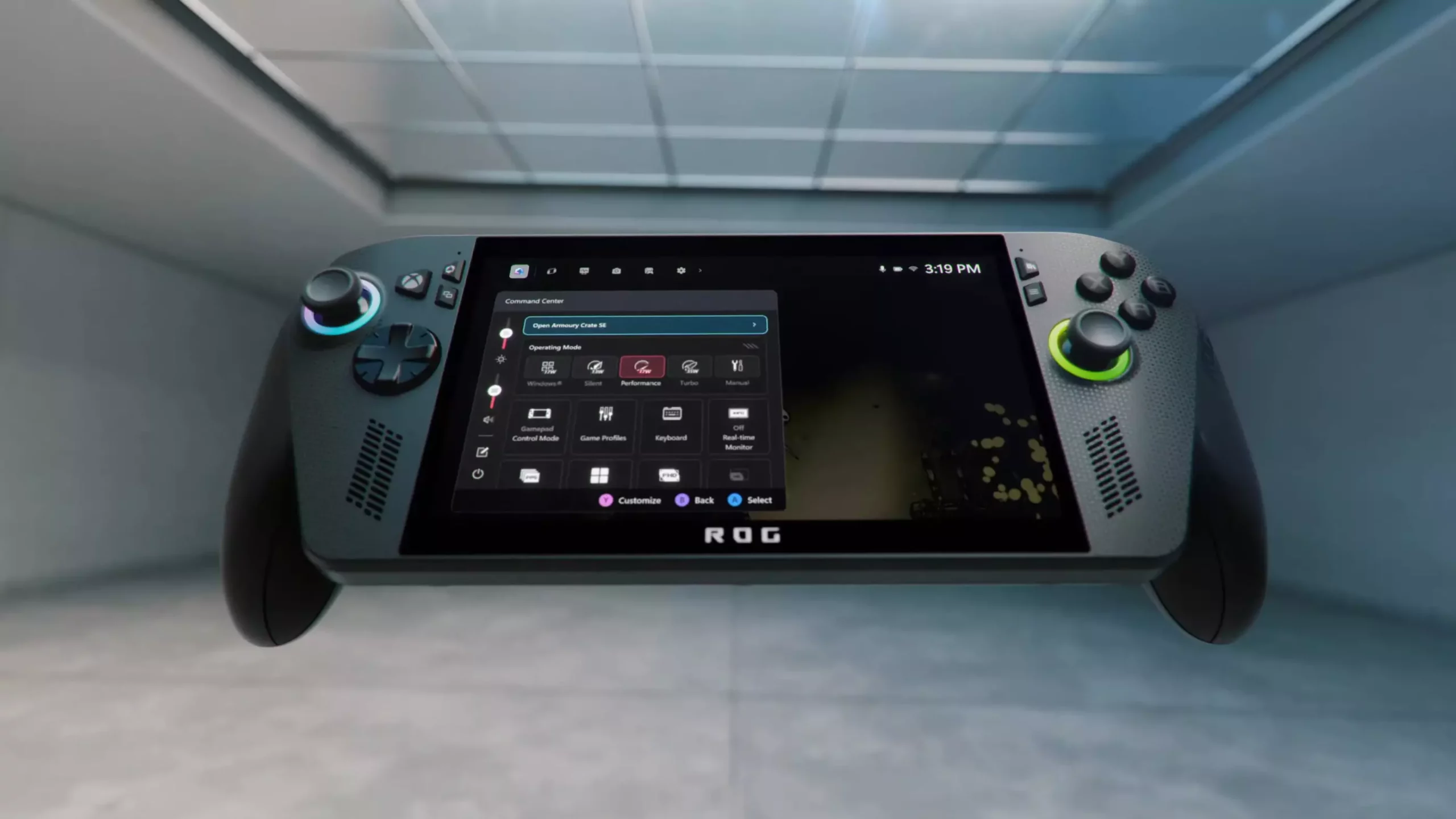In an industry driven by relentless evolution, recent reports hint at seismic changes in the future of Xbox hardware. While the concept of an Xbox handheld console has been bandied about, the narrative emerging from credible sources, such as The Verge, suggests that the idea is more complicated than it appears. Contrary to expectations, the handheld devices recently unveiled—like the Asus ROG Xbox Ally and its compatriot, the ROG Xbox Ally X—are not actual Xbox consoles. Instead, they represent a unique convergence of existing PC technology reconfigured to cater to the gaming audience, raising questions about the future trajectory of Microsoft’s gaming strategy.
What does it mean when an anticipated handheld device is effectively labeled as “canceled” before it has even reached the market? This phrase captures a profound shift in how gamers may soon interact with their favorite titles. The platform’s thrust appears to veer away from traditional console creation, moving instead toward a collaboration model where established manufacturers license the Xbox brand and software, while Microsoft pivots to focus on delivering a seamless cloud-based gaming experience.
Reimagining the Console Experience
The Asus ROG Xbox Ally and Ally X are intriguing case studies in this reimagined ecosystem. While they are marketed as handheld devices, they essentially operate as specialized PCs. Microsoft’s intention to develop a streamlined version of Windows tailored for gaming indicates a larger ambition to manage an expansive array of devices under the Xbox banner without the burden of manufacturing hardware. It’s an approach that could redefine console gaming as we know it.
By engaging various third-party manufacturers, Microsoft seems poised to cover a diverse range of price points and performance specifications. This democratization of gaming devices could enable a more inclusive gaming landscape, allowing gamers to choose platforms that meet their needs and budgets. Think of it as a modular gaming experience where the Xbox brand extends far beyond what a singular console can offer.
The Power of Game Pass and Emulation
At the heart of this strategy lies Microsoft’s commitment to the Game Pass subscription model. By facilitating a wide range of Xbox-compatible devices, Microsoft seeks to maximize Game Pass’s value proposition. Imagine a world where gamers can access their favorite titles, old and new, across an assortment of devices, thanks to advanced emulation capabilities or cloud streaming services. This integration would not only expand the audience for Game Pass but also give players an unprecedented level of choice in how they engage with games.
The implications are significant—not only for players but for the entire gaming industry. In a landscape where competition with platforms like Steam is more heated than ever, Microsoft’s pivot to a versatile software-based model might be an astute way to capture market share. The uncoupling of hardware from software could allow the company to compete more vigorously in the multi-faceted gaming space, without being tied down by the traditional constraints of console manufacturing.
A New Era of Gaming Collaboration
As Microsoft transitions away from being a conventional console manufacturer, we might enter an era defined by collaboration rather than isolation. This shift could lead to a diverse ecosystem where competition breeds innovation, with various hardware options fueling a vibrant gaming community. The focus on delivering a consistent, high-quality Xbox experience across multiple devices allows for boundless creativity from third-party developers and manufacturers.
If this vision holds true, gamers can look forward to more frequent hardware iterations, likely at a faster pace than we have seen previously. The emphasis on collaboration suggests that the gaming experience could grow richer and more multifaceted, with software innovation keeping pace with hardware advancements across different manufacturers.
The information from The Verge underscores a crucial turning point in the gaming industry. While the emergence of handheld Xbox devices may not materialize as initially expected, they signify a broader ambition for Microsoft—a strategy that aligns with evolving consumer demands in gaming. The new Xbox landscape may prioritize adaptability over hardware allegiance, redefining what it means to game in the modern world.

